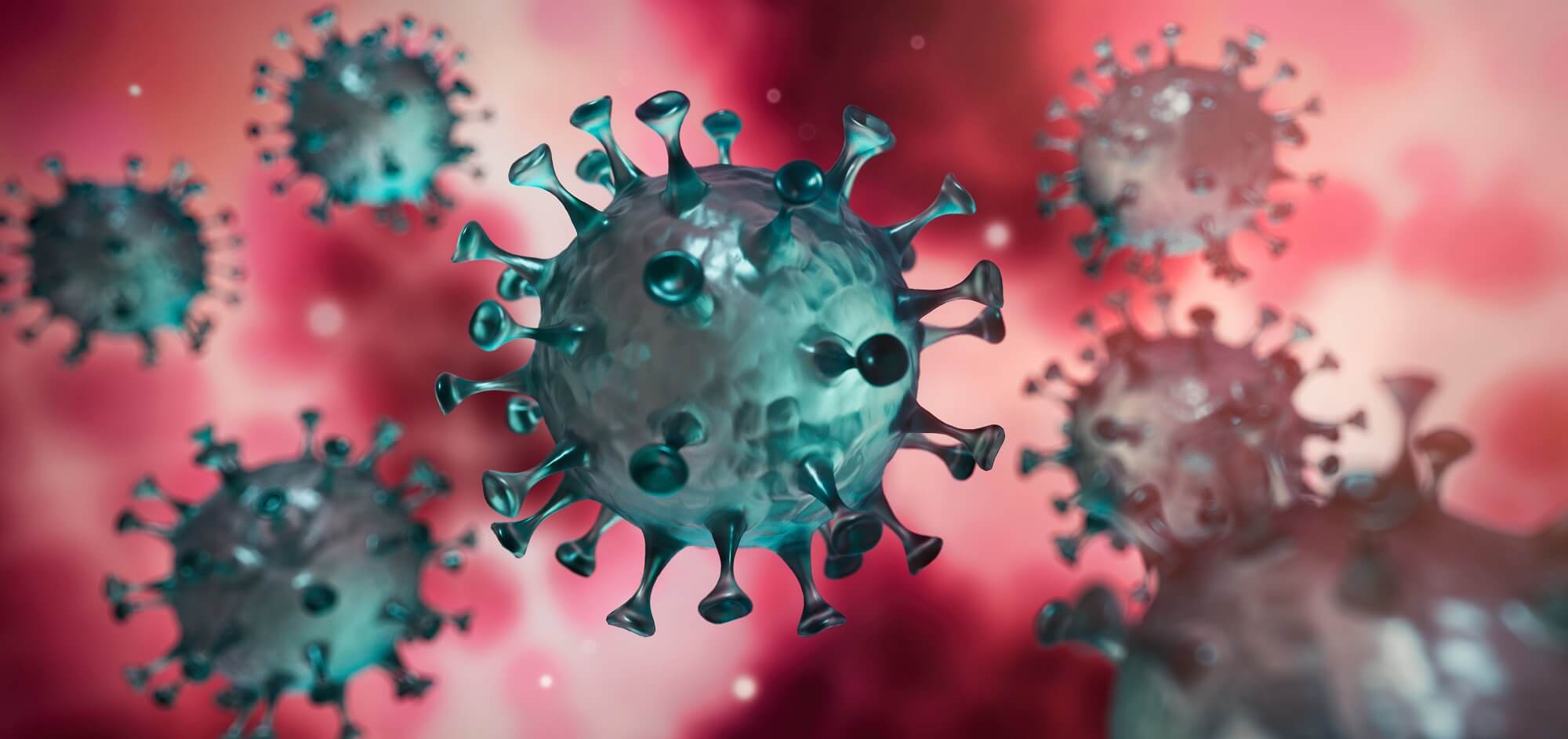To access the Herald’s local coronavirus/COVID-19 coverage, click here.
COURT HOUSE – Lacking a vaccine, health officials are using non-pharmaceutical interventions to reduce COVID-19’s transmission rate.
A person with a laboratory-confirmed case of COVID-19 is counseled to isolate, even if asymptomatic. Trained community contact tracers immediately go to work, locating individuals who may have been exposed to the infected individual.
The individuals contacted are advised of their possible exposure, a set of questions helps evaluate their level of risk and appropriate advice is given if there is a need for them to quarantine. All information is considered confidential.
The process depends on robust testing availability, quick test results turnaround, and an adequate staff of trained tracers, all of which New Jersey invested heavily in, especially in trained contact tracers where the state spent $24 million to augment local health department staff. State sources show Cape May County has 22 available tracers.
Success also depends on cooperation.
The latest information is that the majority of those contacted following a confirmed case of COVID-19 are refusing to cooperate. The numbers are high and rising.
According to the state Health Department, 18% of those called by the tracers will not accept the call. Of those that do, those who refuse to cooperate has risen to 59%.
When one adds in the percentage of infected individuals who provided incomplete or false information about contacts, the effectiveness of contact tracing is severely impacted.
The state dashboard (https://bit.ly/38xsdHc) provides updated numbers. On average, less than one in three individuals with confirmed cases of COVID-19 has contacts that can be traced.








